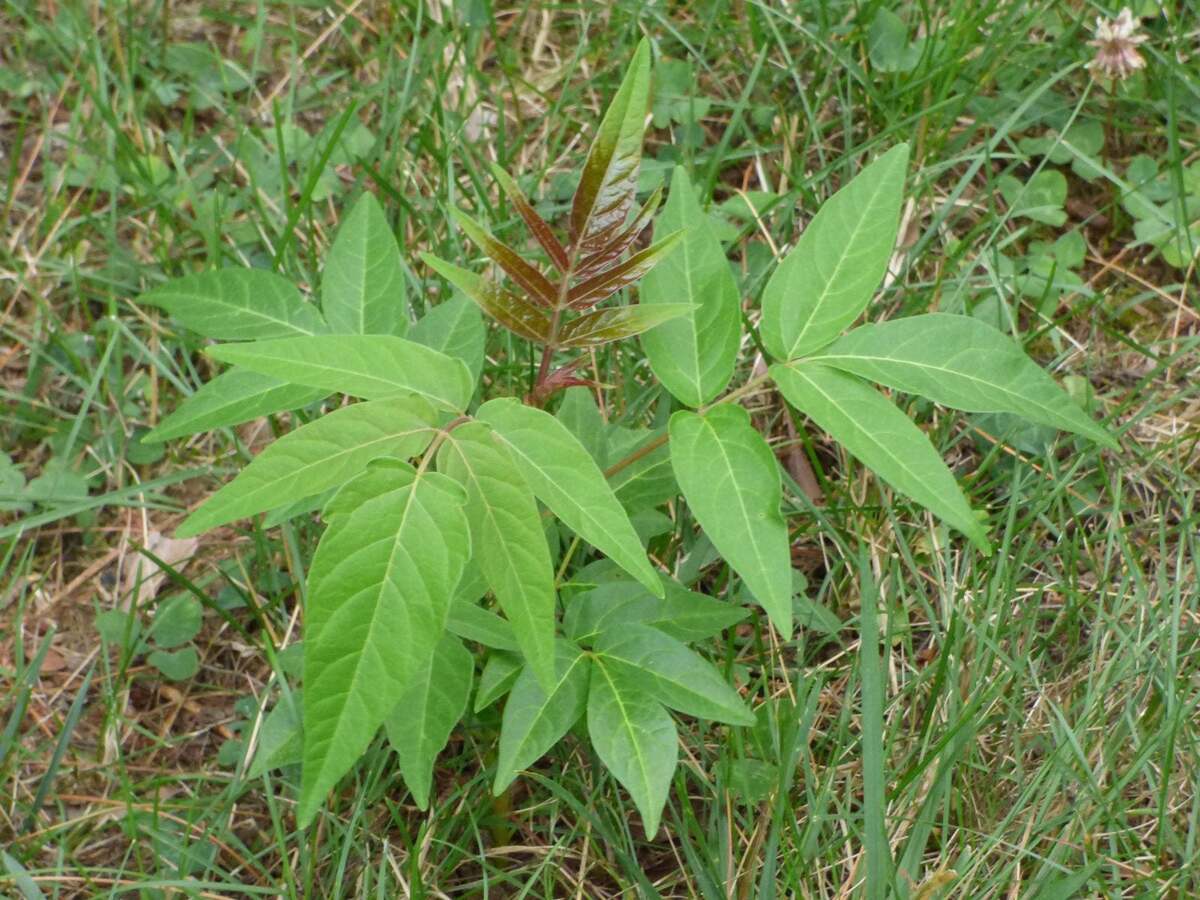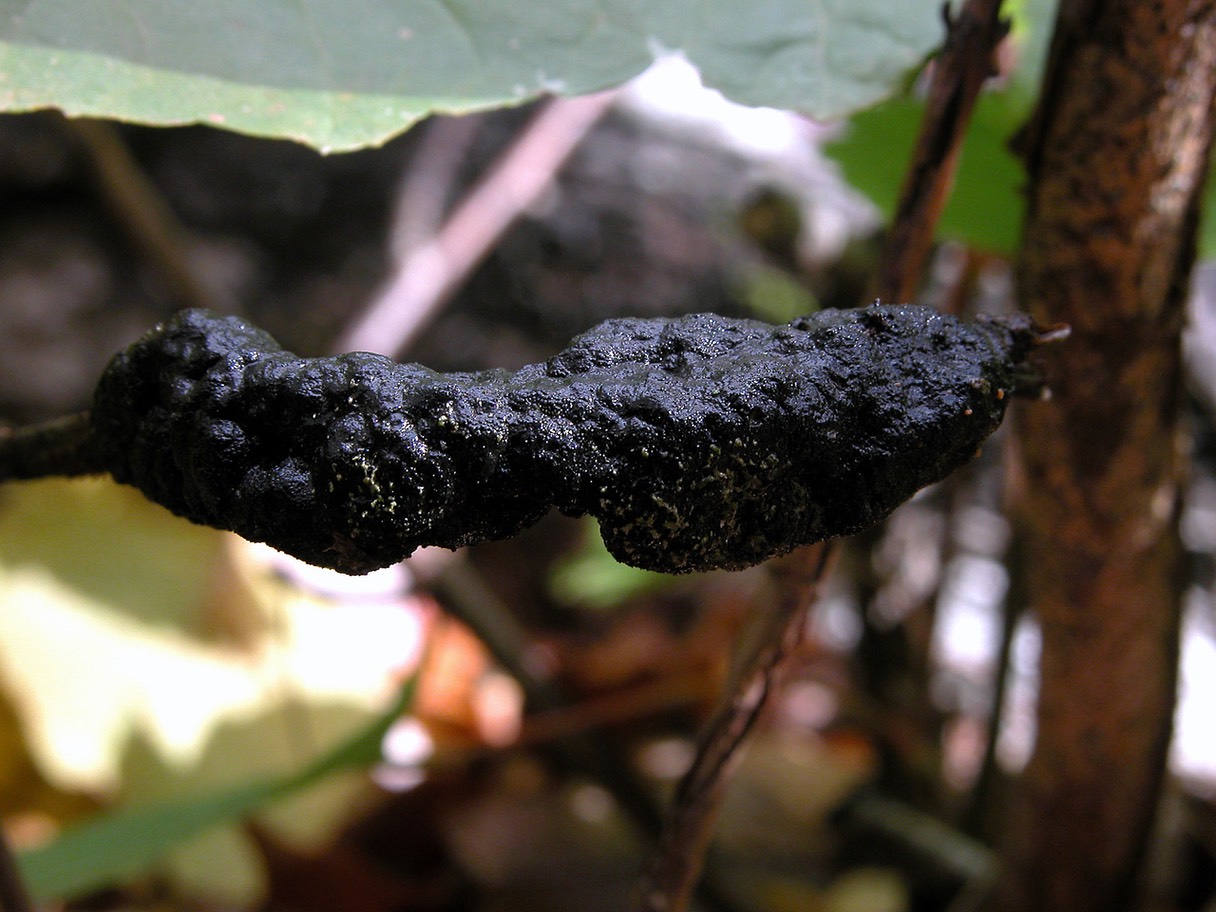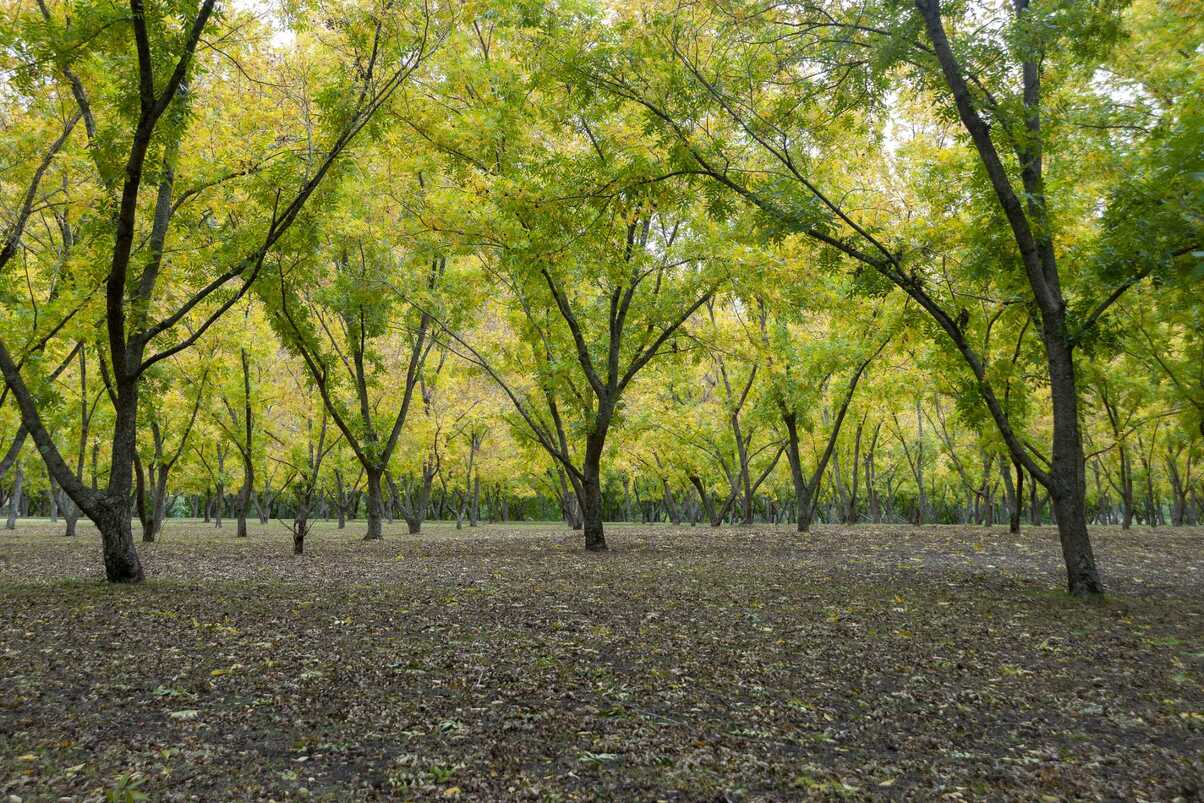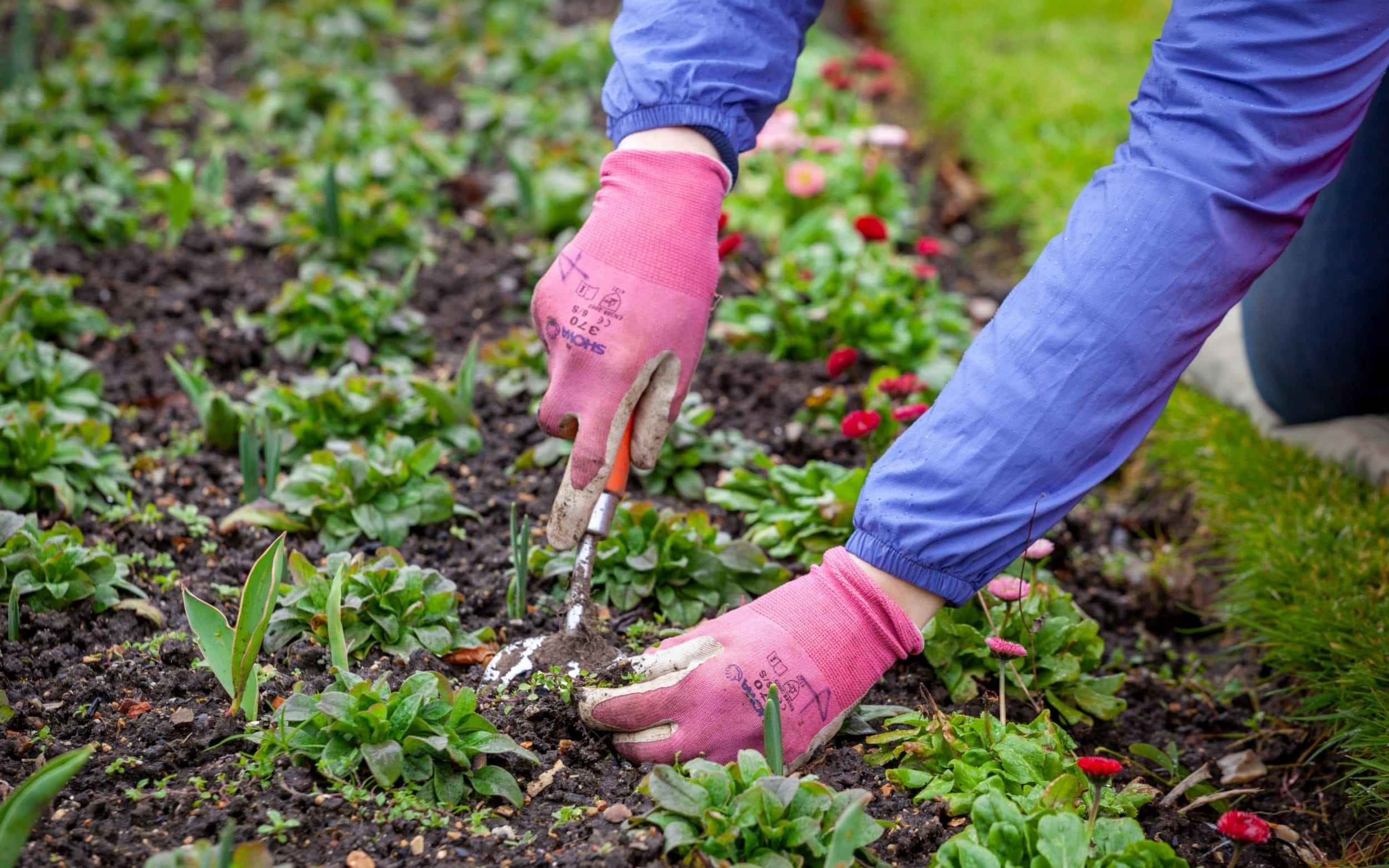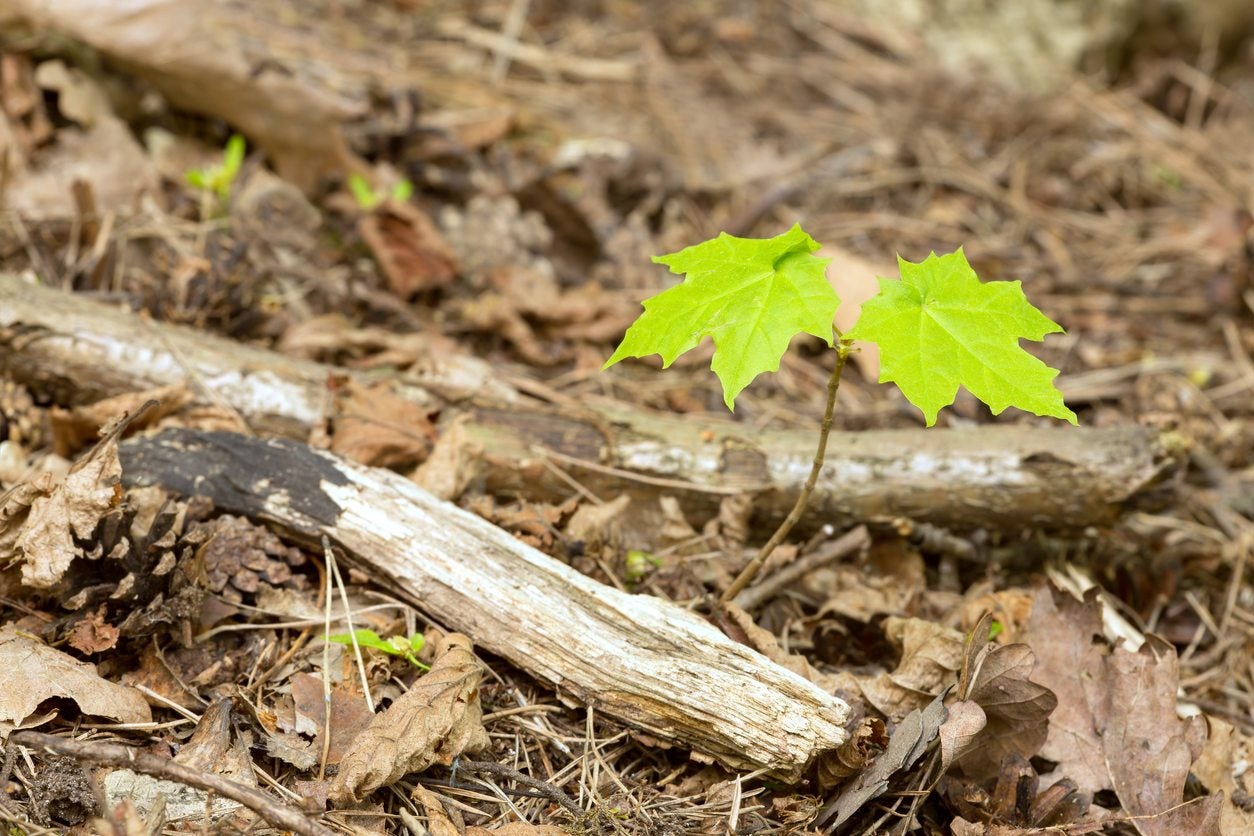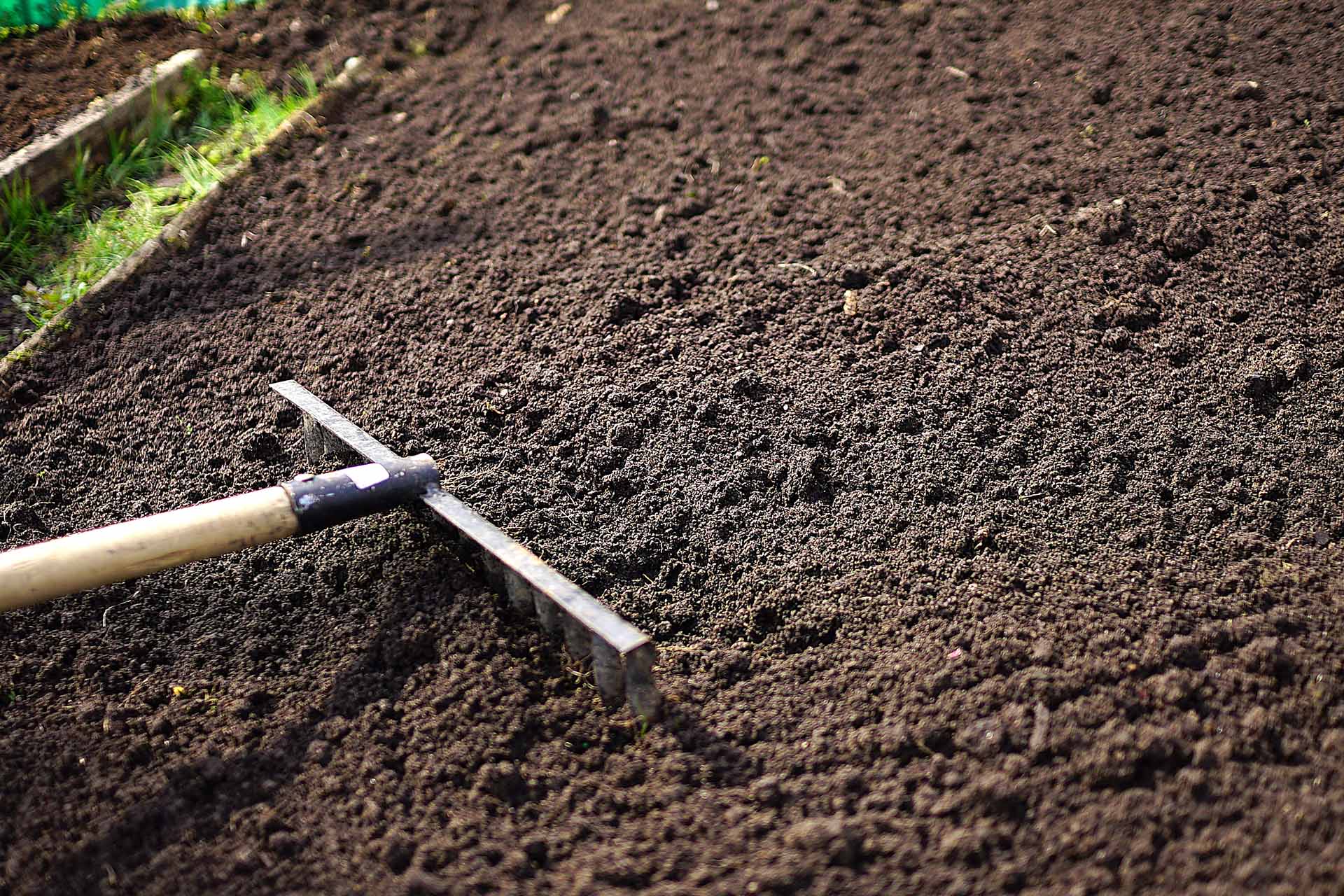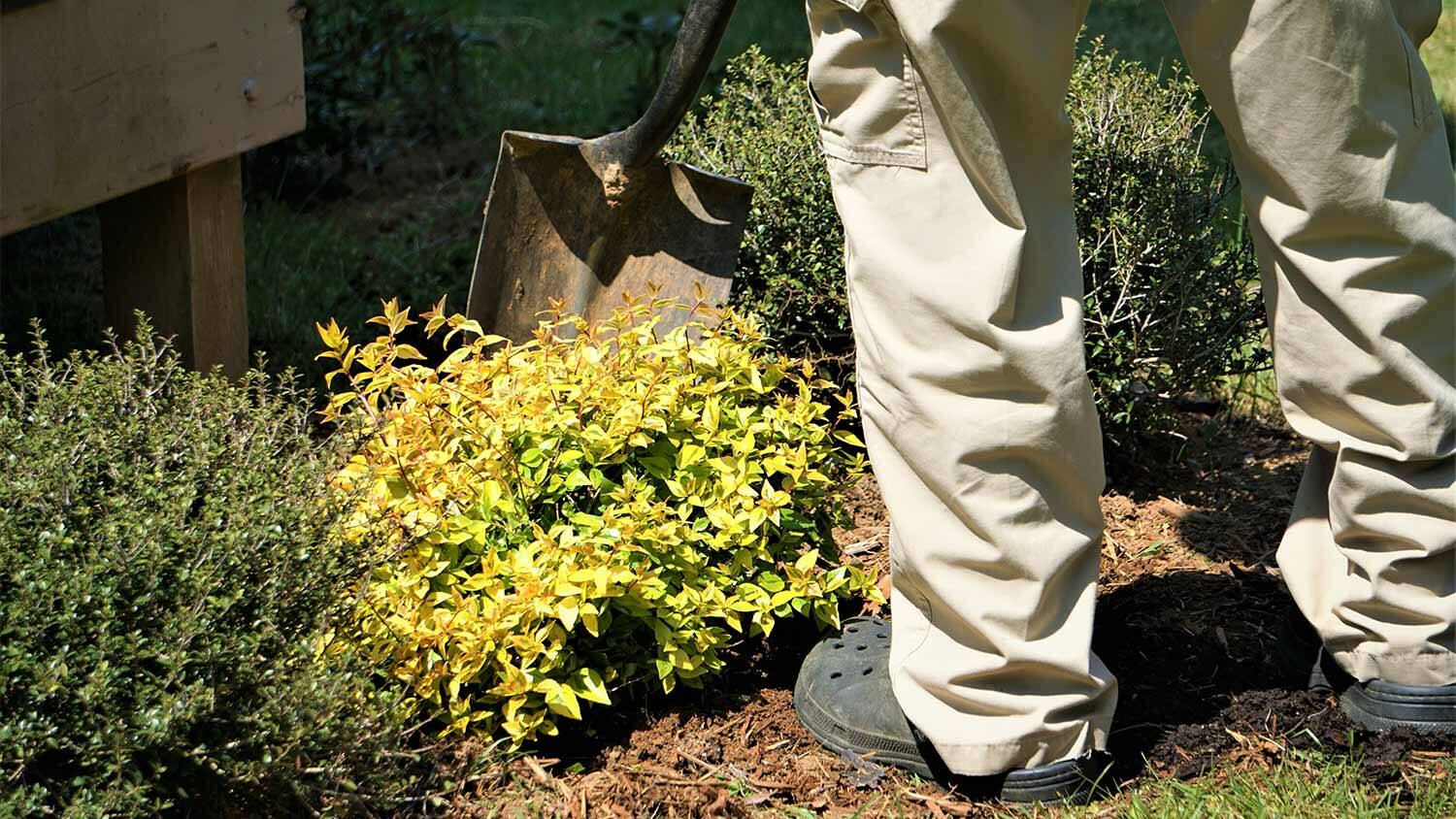Home>Gardening Tips and Tricks>Problem Solving>How To Get Rid Of Aphids On Pecan Trees
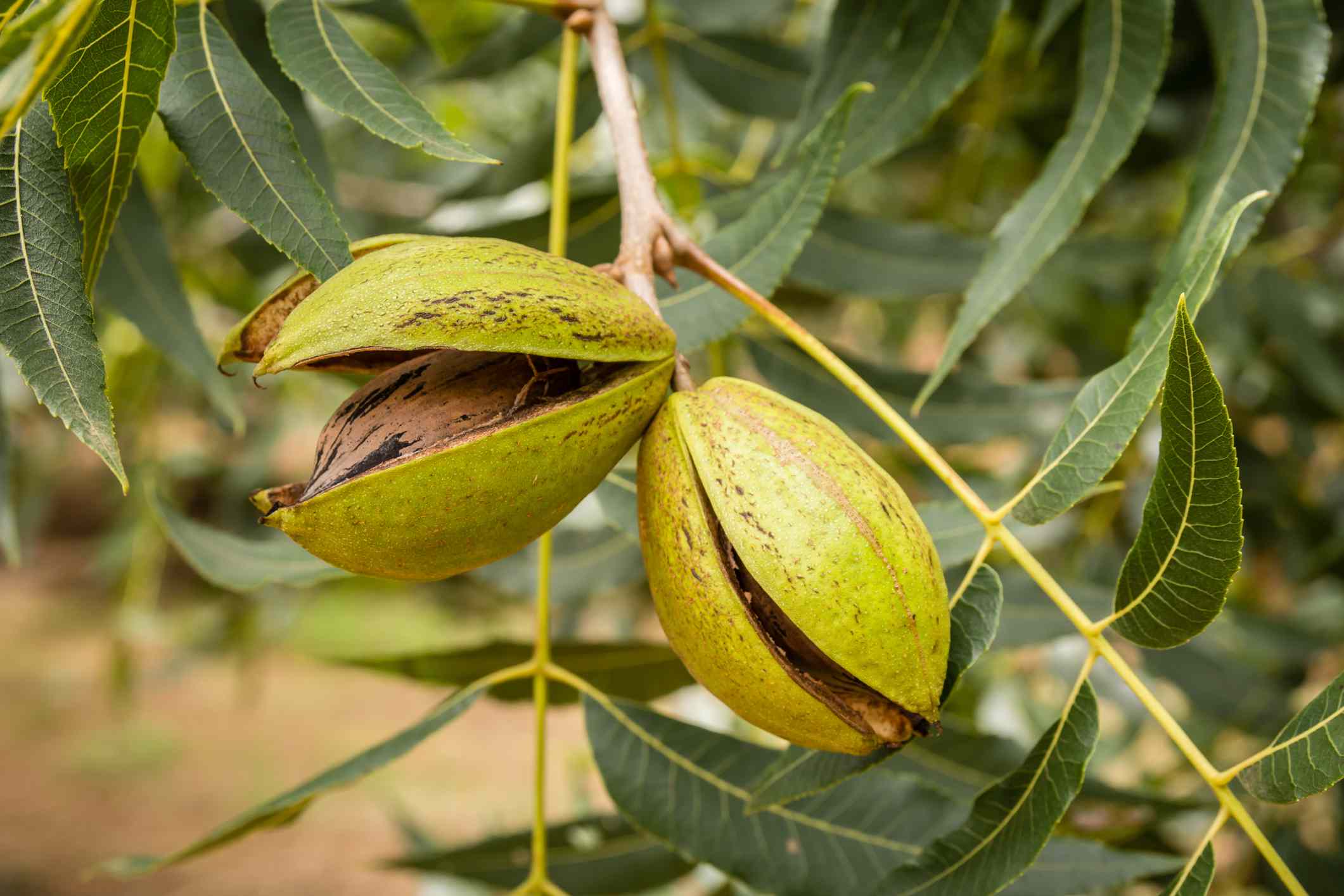

Problem Solving
How To Get Rid Of Aphids On Pecan Trees
Modified: January 22, 2024
Learn effective problem-solving techniques to eliminate aphids on your pecan trees. Get expert advice on how to get rid of aphids and protect your valuable crop.
(Many of the links in this article redirect to a specific reviewed product. Your purchase of these products through affiliate links helps to generate commission for Chicagolandgardening.com, at no extra cost. Learn more)
Table of Contents
Introduction
Having a beautiful and fruitful pecan tree in your garden can be a source of pride and enjoyment. However, pesky aphids can pose a threat to the health and vitality of your beloved pecan trees. These small insects have a penchant for feasting on the sap from the leaves and stems of pecan trees, causing damage and inhibiting the tree’s growth.
In this article, we will explore methods to effectively get rid of aphids on pecan trees. From understanding aphids and recognizing the signs of infestation to implementing natural or chemical control methods, we will equip you with the knowledge to combat aphids and protect your precious pecan trees.
Aphids are tiny, soft-bodied insects that belong to the order Hemiptera. They can range in color from green to brown and can be winged or wingless. Aphids reproduce rapidly and can quickly infest a pecan tree, causing leaf discoloration, wilting, and stunted growth.
Controlling aphids on pecan trees is essential to maintain the health and productivity of the trees. The good news is that there are both natural and chemical methods available to combat aphid infestations. It’s important to choose the most suitable method for your specific situation, considering factors such as the severity of the infestation, your environmental preferences, and any potential risks to beneficial insects.
With this comprehensive guide, you will be empowered to address an aphid infestation on your pecan trees promptly and effectively. Let’s delve into the world of aphids and discover how to reclaim your trees from these persistent pests.
Understanding Aphids
Before we dive into the methods of getting rid of aphids on pecan trees, it’s important to understand the nature and behavior of these tiny pests. Aphids are small insects that belong to the order Hemiptera and the family Aphididae. They are commonly referred to as plant lice due to their feeding habits.
Aphids typically measure around 1-7 millimeters in length and come in various colors including green, brown, black, or even pink. They have pear-shaped bodies with long, slender legs. Many species of aphids have wings, allowing them to migrate from one plant to another.
These insects reproduce at an astonishing rate, with females capable of giving birth to live young aphids without mating. This ability for asexual reproduction allows them to rapidly populate and colonize plants, making them a formidable pest in gardens and orchards.
Aphids primarily feed on the sap of plants by piercing their needle-like mouthparts into the plant tissues. By continually extracting sap, they weaken the plant and hinder its growth. Moreover, aphids excrete a sweet, sticky substance known as honeydew, which attracts ants and encourages the growth of sooty mold.
One fascinating trait of aphids is their ability to reproduce in large numbers during favorable conditions. These reproductive females, known as ‘fundatrices,’ can produce winged and non-winged offspring. The winged aphids allow for dispersal to new host plants, while the non-winged aphids stay and continue to reproduce on the same plant.
Aphids are known to have a preference for certain plant species, and pecan trees are no exception. Pecan aphids, also known as black pecan aphids, are a common aphid species that specifically target pecan trees. They can cause serious damage to the leaves, resulting in decreased photosynthesis and nutrient absorption for the tree.
Understanding the life cycle and feeding habits of aphids is crucial in effectively implementing control methods. By knowing their weak points and vulnerabilities, we can take proactive measures to protect our pecan trees from these notorious pests.
Signs of Aphid Infestation on Pecan Trees
To effectively combat aphid infestations on pecan trees, it’s important to be able to identify the signs of their presence. By recognizing these signs early, you can take swift action and prevent further damage to your trees. Here are some common signs of aphid infestation on pecan trees:
- Leaf distortion: One of the first signs of aphids on pecan trees is the distortion of leaves. As aphids feed on the sap of the leaves, they inject toxic saliva, causing the leaves to curl, pucker, or become distorted. Keep an eye out for leaves that appear deformed or twisted.
- Sticky residue: Aphids excrete a sugary substance called honeydew as they feed. This sticky residue can accumulate on the leaves, twigs, and ground below the affected pecan trees. Look for a shiny or sticky film on the leaves and surrounding areas as a potential indication of aphids.
- Black sooty mold: Honeydew secreted by aphids creates an ideal environment for the growth of black sooty mold. This mold appears as a dark, powdery coating on the leaves and stems of the pecan tree. If you notice a blackish or dark gray coating on the affected parts, it may indicate the presence of aphids.
- Ant activity: Aphids and ants often have a symbiotic relationship. Ants are attracted to the sweet honeydew excreted by aphids and will actively protect them from predators. If you observe a high level of ant activity on your pecan tree, especially near the affected areas, it’s a strong indication of an aphid infestation.
- Yellowing or wilting leaves: As aphids feed on the sap, the affected leaves may start to yellow, wilt, or show signs of premature leaf drop. The excessive sap removal disrupts the healthy flow of nutrients within the tree, leading to weakened foliage.
- Presence of aphids: Lastly, it’s essential to physically check the pecan tree for the presence of aphids. Look for clusters of small, soft-bodied insects on the leaves, stems, and shoots of the tree. Aphids can vary in color, ranging from green to brown or black, depending on the species and maturity.
Remember that not all signs may be present in every aphid infestation. However, if you notice a combination of these signs, it’s likely that your pecan tree is under attack from aphids. Taking prompt action to address the infestation will help protect the health and vitality of your pecan trees.
Natural Methods to Control Aphids on Pecan Trees
When it comes to controlling aphids on pecan trees, natural methods can be effective and environmentally friendly alternatives to chemical solutions. These methods aim to disrupt the aphids’ life cycle and create an unfavorable environment for their survival. Here are some natural methods you can employ to control aphids on your pecan trees:
- Pruning: Start by identifying and removing heavily infested branches or shoots. Pruning allows for better air circulation and light penetration, making it harder for aphids to thrive and reproduce. Be sure to dispose of the pruned material away from the tree to prevent reinfestation.
- Ladybugs and lacewings: Encourage beneficial insects like ladybugs and lacewings to your garden. These natural predators feed on aphids and can help keep their populations in check. You can attract them by planting nectar-rich flowers such as dill, fennel, and marigolds near your pecan trees.
- Use of insecticidal soap: Insecticidal soaps, made from natural ingredients, can be an effective tool in controlling aphids. These soaps work by suffocating the aphids and can be applied directly to the affected areas of the tree. Follow the manufacturer’s instructions for proper dilution and application.
- Neem oil: Neem oil, derived from the neem tree, has insecticidal properties that can help in controlling aphids. Dilute neem oil in water according to the instructions on the product label and spray it onto the pecan tree. Neem oil not only repels aphids but also disrupts their feeding and reproductive cycles.
- Beneficial nematodes: Beneficial nematodes are microscopic organisms that can be applied to the soil around the base of the pecan tree. These nematodes attack and kill aphids in their larval stage, helping to reduce the population. Follow the instructions provided by the nematode supplier for optimal application.
- Companion planting: Planting companion plants that repel or deter aphids can be an effective natural method. Some plants like chives, garlic, and catnip have strong odors that aphids dislike. Intercropping these plants with your pecan trees can create a barrier against aphid infestations.
It’s important to note that natural control methods may require repeated applications for optimal effectiveness. Monitor your pecan trees regularly and take action as soon as you detect signs of an aphid infestation. By incorporating these natural methods into your pest management plan, you can keep your pecan trees healthy and thriving without the use of harsh chemicals.
Chemical Methods to Control Aphids on Pecan Trees
If natural methods are not providing sufficient control over aphids on your pecan trees, you may consider the use of chemical treatments. Chemical methods can provide a more immediate and targeted approach to eliminate aphid infestations. However, it’s important to exercise caution and follow all safety instructions when using chemical treatments. Here are some common chemical methods used to control aphids on pecan trees:
- Insecticidal sprays: Various insecticidal sprays are available on the market for aphid control. These sprays contain specific chemical compounds that target and kill aphids. It’s crucial to read and follow the instructions on the product label carefully to ensure safe and effective use. Apply the spray to the affected areas of the pecan tree as directed.
- Systemic insecticides: Systemic insecticides are chemicals that are absorbed by the pecan tree and distributed throughout its vascular system. When aphids feed on the tree, they ingest the insecticide, leading to their elimination. Systemic insecticides can be applied as a soil drench or injected directly into the trunk of the tree, following the manufacturer’s instructions.
- Horticultural oils: Horticultural oils, also known as dormant oils, are effective in controlling aphids during the dormant season. These oils suffocate the aphids by coating their bodies and blocking their spiracles. Apply horticultural oil to the dormant pecan tree as per the product instructions to control overwintering aphid populations.
- Pyrethroid insecticides: Pyrethroid insecticides are broad-spectrum insecticides that can be used for aphid control on pecan trees. These chemicals target aphids and other common garden pests. Follow the instructions on the product label for dosage rates and application methods. Use caution when using pyrethroid insecticides, as they may also harm beneficial insects.
- Professional pest control: If the aphid infestation on your pecan trees is severe or persistent, it may be advisable to seek help from professional pest control services. Pest control professionals have access to a wider range of chemical treatments and have the expertise to choose and apply the most appropriate solution for your specific situation.
Prior to using any chemical methods, it is essential to consider the potential impact on beneficial insects, wildlife, and the environment. Whenever possible, opt for targeted insecticides that have minimal impact on non-target organisms. Additionally, follow all safety precautions, wear protective clothing, and avoid spraying during periods of high wind or rain.
Remember, chemical methods should be used as a last resort after exhausting natural alternatives. Regular monitoring, proper cultural practices, and early intervention can help reduce the need for chemical treatments and maintain a healthy pecan tree ecosystem.
Prevention Tips to Avoid Aphid Infestation
Preventing aphid infestations on your pecan trees is an essential step in maintaining their health and productivity. By implementing preventive measures, you can minimize the risk of aphid damage and reduce the need for intervention. Here are some tips to help you avoid aphid infestations:
- Maintain tree health: Healthy pecan trees are more resistant to aphid infestations. Provide optimal growing conditions for your trees, such as proper irrigation, adequate sunlight, and regular fertilization. Healthy trees are more capable of fighting off pests and recovering from any damage.
- Prune and remove infested material: Regularly inspect your pecan trees for signs of aphids and promptly prune and remove any infested branches, shoots, or leaves. This will help prevent the spread of aphids to other parts of the tree.
- Monitor for early signs: Regular monitoring of your pecan trees is key to catching aphid infestations early. Keep an eye out for distorted leaves, sticky residue, or the presence of aphids themselves. Early detection allows for swift action and better control over the infestation.
- Encourage beneficial insects: Creating an inviting environment for natural aphid predators, such as ladybugs and lacewings, can help keep aphid populations in check. Plant nectar-rich flowers and provide shelter for these beneficial insects to attract them to your garden and pecan trees.
- Practice good garden hygiene: Clean up fallen leaves, debris, and other organic material around your pecan trees. These debris can serve as hiding places and breeding grounds for aphids and other pests.
- Implement companion planting: Interplanting your pecan trees with companion plants that repel or deter aphids can provide an additional line of defense. Plants like garlic, chives, and catnip have strong scents that aphids find unpleasant.
- Use reflective mulch: Placing reflective mulch around the base of your pecan trees can help deter aphids. The reflective surface confuses and disorients aphids, discouraging them from landing and infesting the tree.
- Avoid over-fertilization: Excessive nitrogen fertilization can lead to succulent, tender growth that is more attractive to aphids. Follow recommended fertilization guidelines for pecan trees to maintain balanced growth.
- Regularly inspect nearby plants: Aphids can migrate from neighboring plants to your pecan trees. Regularly inspect nearby plants, especially those that are prone to aphid infestations, and take preventive measures to control aphids on those plants as well.
By incorporating these prevention tips into your gardening practices, you can create a less favorable environment for aphids and reduce the likelihood of infestation. Prevention is often the most effective and sustainable approach to pest management.
Conclusion
Aphids can be a persistent nuisance for pecan tree owners, but with the right knowledge and proactive measures, you can effectively control and prevent infestations. Understanding the nature of aphids, recognizing the signs of infestation, and implementing appropriate methods for control is essential to maintaining the health and vitality of your pecan trees.
In this article, we explored the various methods to get rid of aphids on pecan trees. Natural methods, such as pruning, attracting beneficial insects, and using insecticidal soaps or neem oil, offer eco-friendly options for controlling aphids. These methods focus on creating an unfavorable environment for aphids, interrupting their life cycle, and promoting the growth of beneficial organisms.
However, in cases of severe infestations or when natural methods are not providing sufficient control, chemical methods can be employed. Insecticidal sprays, systemic insecticides, or horticultural oils can provide more immediate results in controlling aphids. It is important to exercise caution when using chemical treatments and follow all safety instructions to minimize their impact on beneficial insects and the environment.
Alongside control methods, prevention plays a crucial role in keeping aphids at bay. Regular monitoring, tree health maintenance, good garden hygiene, and encouraging beneficial insects through companion planting are some preventive measures to implement. By creating an environment that is less attractive to aphids, you can significantly reduce the risk of infestation.
Remember, the key to successfully combating aphids on pecan trees lies in early detection, timely intervention, and a holistic approach that balances natural and chemical methods. By taking proactive steps and implementing the appropriate strategies, you can protect your precious pecan trees, ensuring they thrive and provide you with bountiful harvests for years to come.

